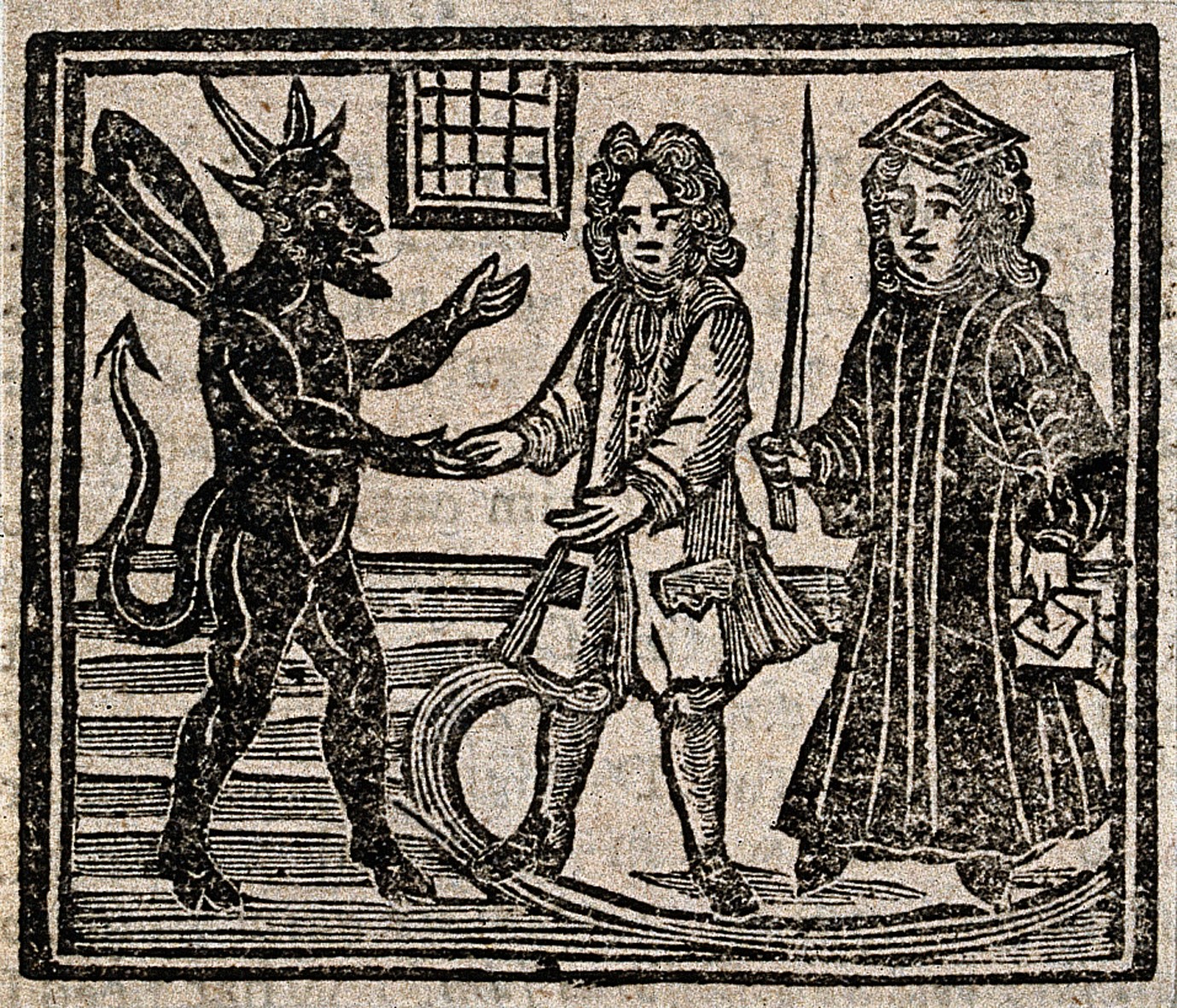I'm extremely fortunate that I've been able to complete my PhD and transition into the life of an artist scholar, as I had hoped I would. These last few weeks have been filled with music, as I'm preparing to finally release remixed, remastered, and in some cases re-performed versions of the Child Ballads I recorded for the Folklore & Fiction podcast. I write this from my little sound studio, where I have been working for the last two weeks, and I'll hope to return to writing The Storyteller's Guide to Folklore on Monday.
My work as a graduate student was quite different from this and far less traditional for a folklore scholar. I wanted to apply my training to contemporary concerns, and I did, and I'm glad to have had that opportunity. But from the beginning, my work in Folklore & Fiction has been intended to help anchor contemporary storytelling in the traditional, to help strengthen new songs and stories by educating storytellers about folkloristics.
I write this now because as I said to Sean this morning over tea, the world is getting weirder by the minute. (More troubled, too.) But like so many storytellers, I think weird and troubled worlds are where we're needed, and I think they can be where an understanding of traditional narratives and beliefs are needed as well. If we know what a conspiracy theory is, we can write about them with nuance in our fiction. If we know how religious belief vernacularizes, we can write about how no belief is monolithic, no matter how many people hold it. And so on.
Anyway, this post was prompted by new moderation (or lack thereof) on Meta. (Trust my brain to come up with this sort of response to a social media moderation concern.) I'll be staying on Meta, though I know very well how awful it is, because I have a healthy mistrust of all social media no matter what set of tech bros are behind it. I've been working to change my relationship with this particular devil in all its manifestations because I think human nature is as much to blame for what happens online as tech bros and their disgusting political relationships are.
I also think if we want better social lives online, we need to become better netizens. It won't fix Elon Musk or Mark Zuckerberg or their moderationless, AI-choked, hyper-complicated platforms, but it will help bring peace and sanity to our everyday interactions with one another. I also think that thoughtful art can help get us there and everywhere else we want to go as humans, and that brings me back around to the beginning of my post (thank you, brain). My art and scholarship is my contribution to that effort. I'm grateful to be able to make it in a weird, troubled world, and I'm grateful to be in the company of other artists and scholars who are doing the same, even if we have to meet in the devil's house itself.
My work as a graduate student was quite different from this and far less traditional for a folklore scholar. I wanted to apply my training to contemporary concerns, and I did, and I'm glad to have had that opportunity. But from the beginning, my work in Folklore & Fiction has been intended to help anchor contemporary storytelling in the traditional, to help strengthen new songs and stories by educating storytellers about folkloristics.
I write this now because as I said to Sean this morning over tea, the world is getting weirder by the minute. (More troubled, too.) But like so many storytellers, I think weird and troubled worlds are where we're needed, and I think they can be where an understanding of traditional narratives and beliefs are needed as well. If we know what a conspiracy theory is, we can write about them with nuance in our fiction. If we know how religious belief vernacularizes, we can write about how no belief is monolithic, no matter how many people hold it. And so on.
Anyway, this post was prompted by new moderation (or lack thereof) on Meta. (Trust my brain to come up with this sort of response to a social media moderation concern.) I'll be staying on Meta, though I know very well how awful it is, because I have a healthy mistrust of all social media no matter what set of tech bros are behind it. I've been working to change my relationship with this particular devil in all its manifestations because I think human nature is as much to blame for what happens online as tech bros and their disgusting political relationships are.
I also think if we want better social lives online, we need to become better netizens. It won't fix Elon Musk or Mark Zuckerberg or their moderationless, AI-choked, hyper-complicated platforms, but it will help bring peace and sanity to our everyday interactions with one another. I also think that thoughtful art can help get us there and everywhere else we want to go as humans, and that brings me back around to the beginning of my post (thank you, brain). My art and scholarship is my contribution to that effort. I'm grateful to be able to make it in a weird, troubled world, and I'm grateful to be in the company of other artists and scholars who are doing the same, even if we have to meet in the devil's house itself.

